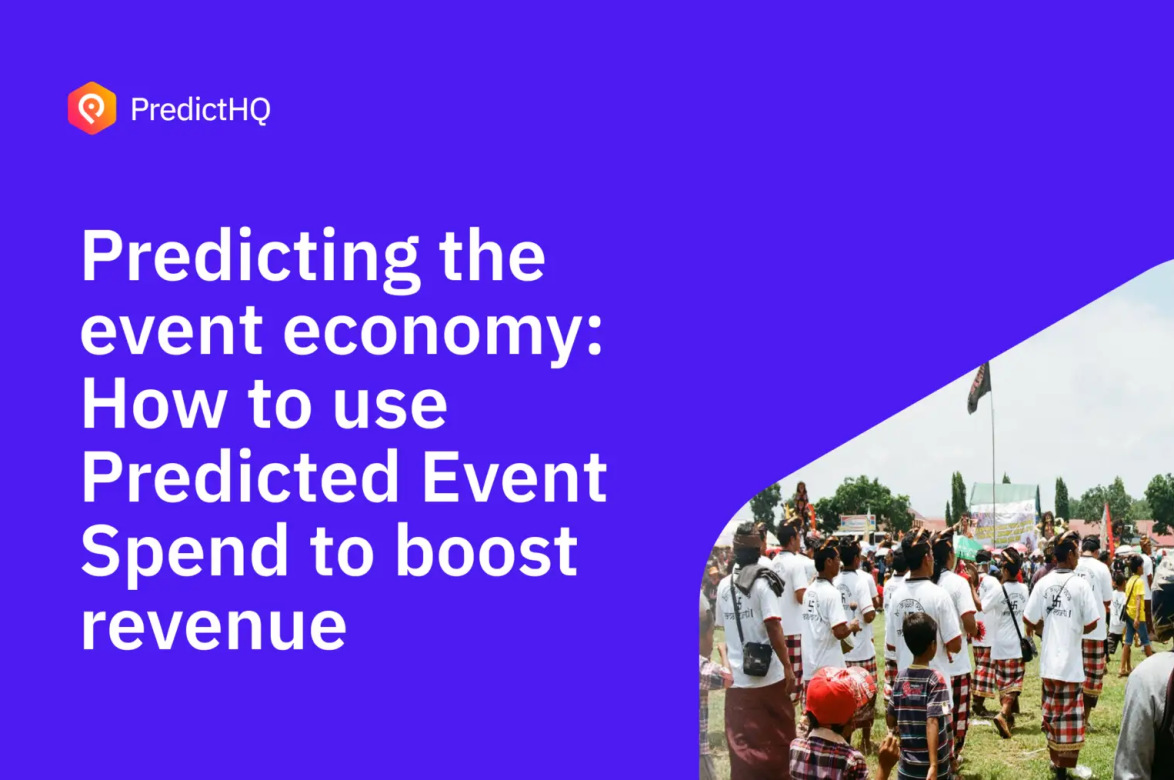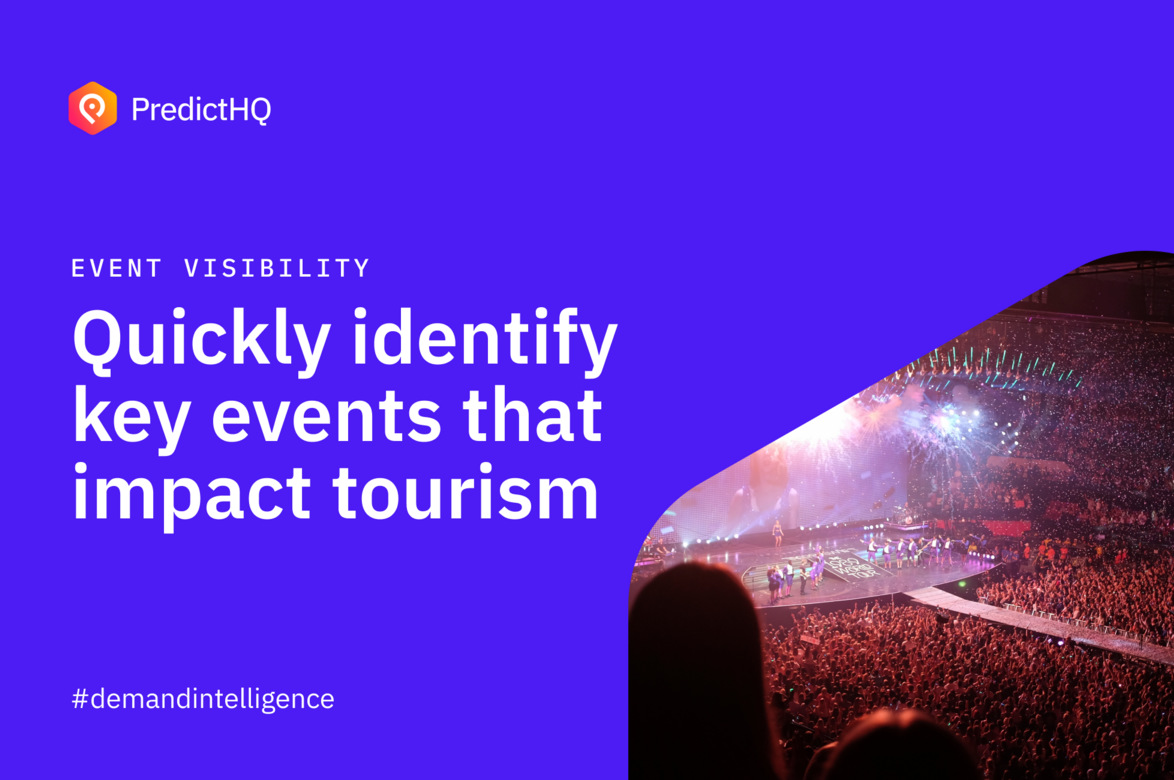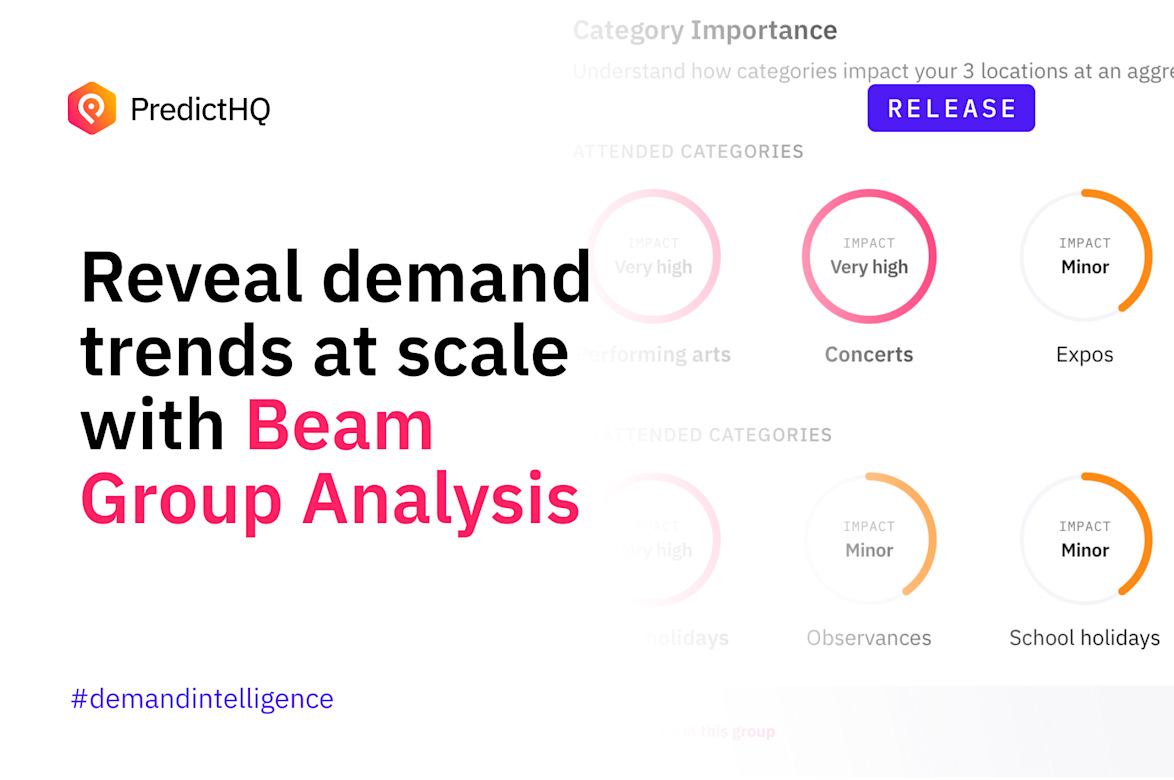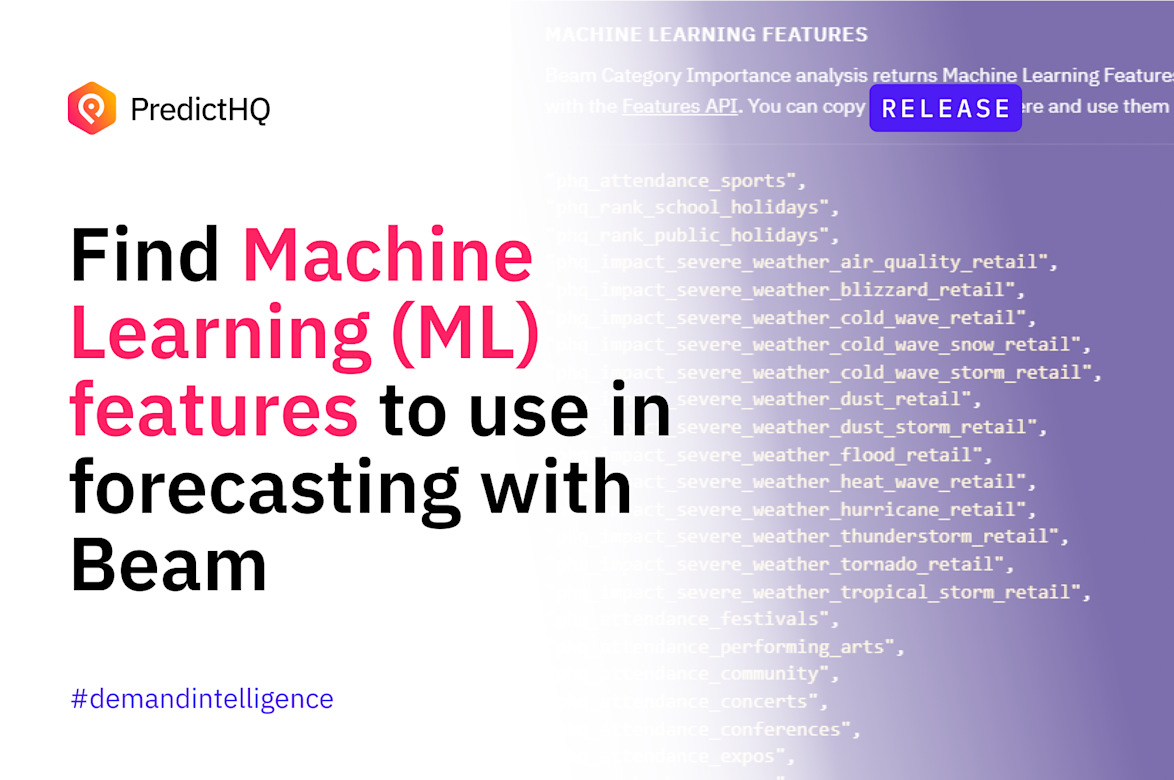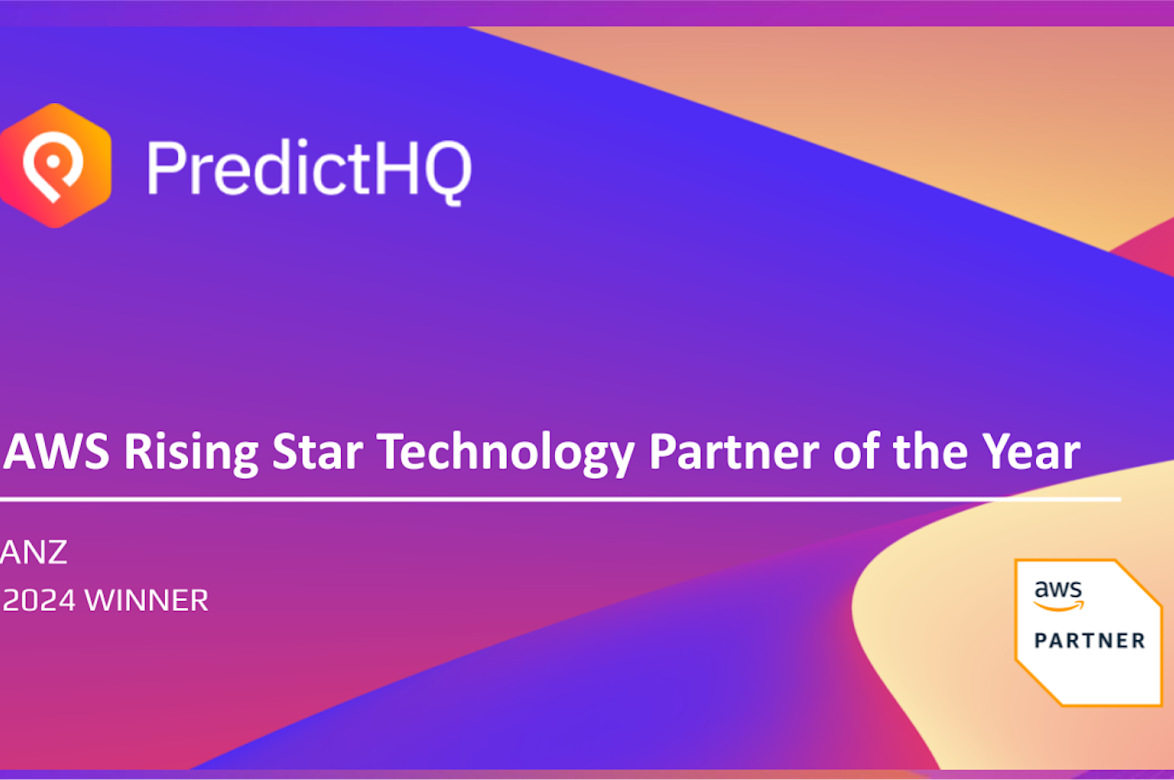Quantifying the Economic Ripple Effect of Events for DMOs & CVBs

When a major event descends upon a city, it's not just the host venues and immediate surrounding areas that feel the impact. The economic effects can often ripple far beyond, affecting businesses and planning for the surrounding regions. Amidst the unpredictability lies an opportunity for destinations to harness the power of predictive demand intelligence. In this article, we explore how businesses are using local event data in mastering predictability and driving balanced growth across regions.
Understanding the Economic Ripple Effect of Major Events
Imagine a major concert tour, like Taylor Swift's "The Eras Tour," captivating audiences in a city's downtown core. While the city center may see a surge in spending on higher-priced tickets, accommodations, and transportation, the broader region may not reap the same benefits. With the demand — and inflationary prices — for memorable experiences being higher than we’ve ever seen before, major events require sacrifices as concert-goers and sports fans save their money for ticket packages and the experience of a lifetime.
Due to the interconnectedness of regional economies, while spending is concentrated in a single central area, businesses and communities on the outskirts may struggle to thrive. For example, the exclusive stop of Taylor Swift's Eras Tour in Singapore drew fans from across Southeast Asia, resulting in a significant influx of tourism and spending to the city-state.
Taylor Swift had 6 concerts which drove a combined $370M in local spending
Each show attracted 300,000 fans, with 70% of them traveling from overseas
During the shows, inbound flights to Singapore increased by 186%
Accommodation bookings in Singapore rose to nearly 5 times the usual
However, neighboring countries expressed discontent with the exclusive deal, highlighting the challenges faced by regions outside the main event hub. In another example, Melbourne and Sydney in Australia benefited from direct spending driven by fans attending the Eras Tour, but neighboring areas such as the regional Victorian city of Ballarat faced economic challenges. As city-centric events like Taylor Swift's concerts attract significant spending, regional tourism experiences a downturn due to competing priorities.
Balancing Event-Driven Opportunities and Urban Influxes
These scenarios illustrate the complexities of balancing economic opportunities generated by major events with the need to support equitable distribution of benefits across regions. Destination Marketing Organizations (DMOs), alongside convention and visitors bureaus (CVBs), are pivotal in balancing the influx of visitors and event-driven opportunities with the broader goals of economic development. They play a strategic role in not only attracting events that can stimulate economic growth but also in ensuring that the benefits of such activities are widely shared across regions.
DMOs are also instrumental during periods of decreased event activity, where the challenge pivots towards stimulating local demand and maintaining economic health. By leveraging advanced tools such as predictive analytics and intelligent event data, DMOs can have a full picture of what is expected to shape demand in the coming months for key areas and use this information to make decisions to ensure communities remain vibrant and economically successful, regardless of the fluctuating event landscape.
Fostering Regional Prosperity and Resilience with Predictive Demand Intelligence
From major concerts to expos and festivals, predictive demand intelligence provides reliable insights into where and when event-based spending will occur, allowing for proactive planning and strategic investment.
Predictive demand intelligence provides communities across the globe with real-time insights into event-driven demand fluctuations, enabling them to strategically allocate resources and infrastructure investments to areas that stand to benefit most. By leveraging granular, hyperlocal event data, cities can optimize transportation networks, support local businesses, and enhance the overall visitor experience, thereby fostering equitable growth and prosperity.
3 Strategies for Balanced Growth
Embrace predictive analytics and AI-powered insights for stronger decision-making, leveraging insights to anticipate event-driven opportunities and strategically shape local demand during quieter periods. Here are three ways to proactively manage event-driven economic fluctuations and chart a course towards balanced growth.
1. Maximize Event-Driven Demand
DMOs and convention and visitors bureaus leverage this intelligence to capitalize on the economic opportunities presented by major events, and clusters of smaller events that happen to overlap. By analyzing event data and consumer behavior patterns, these communities can strategically position businesses and services to meet the increased demand during these periods. This proactive approach ensures that cities optimize revenue streams and enhance the overall economic impact of both large and smaller-scale events on the local economy.
2. Expand Economic Horizons Beyond City Centers
Destinations harness the power of predictive analytics and intelligent event data to encourage businesses to diversify beyond the bustling city center. By identifying untapped markets in outlying areas and facilitating infrastructure improvements to enhance connectivity, DMOs aim to distribute economic activity more evenly across the region. Through collaborative efforts among stakeholders, comprehensive strategies are crafted to navigate the challenges posed by major events and urban congestion, fostering inclusive growth and maximizing the region's economic potential.
3. Actively Shape Demand to Foster Year-Round Economic Vitality
During lulls in event activity, the challenge for communities shifts to stimulating local demand and ensuring continued prosperity. Data-driven destinations use predictive demand intelligence to proactively shape their economic landscapes and create sustainable pathways to thrive in. By analyzing historical event patterns, demographic trends, and emerging market opportunities, these organizations develop targeted initiatives to stimulate economic growth and revitalize underutilized areas. This proactive strategy ensures that cities remain economically vibrant and resilient throughout the year, regardless of fluctuations in event activity.
Master Predictability with Predictive Demand Intelligence
Predictive demand intelligence offers insights into consumer behavior, market trends, and emerging opportunities, unlocking actionable insights that attract more people to destinations. Join the movement towards balanced regional growth with PredictHQ's predictive demand intelligence platform. Sign up today to unlock the transformative potential of event data and embark on a journey towards economic resilience and vitality. Don't just react to events; anticipate and shape the future of your region with predictive intelligence.



